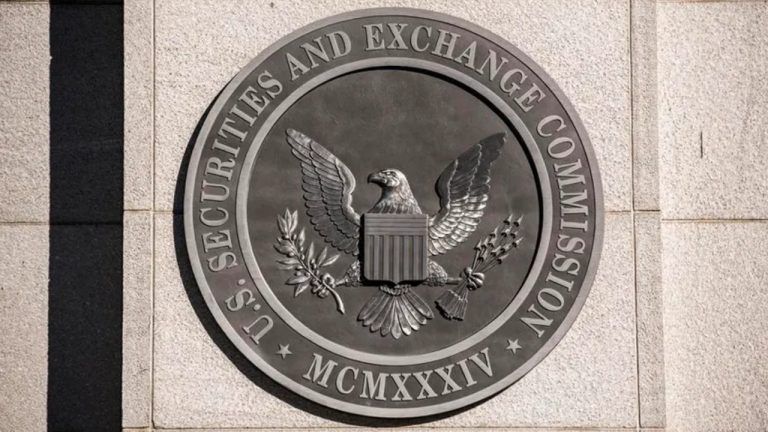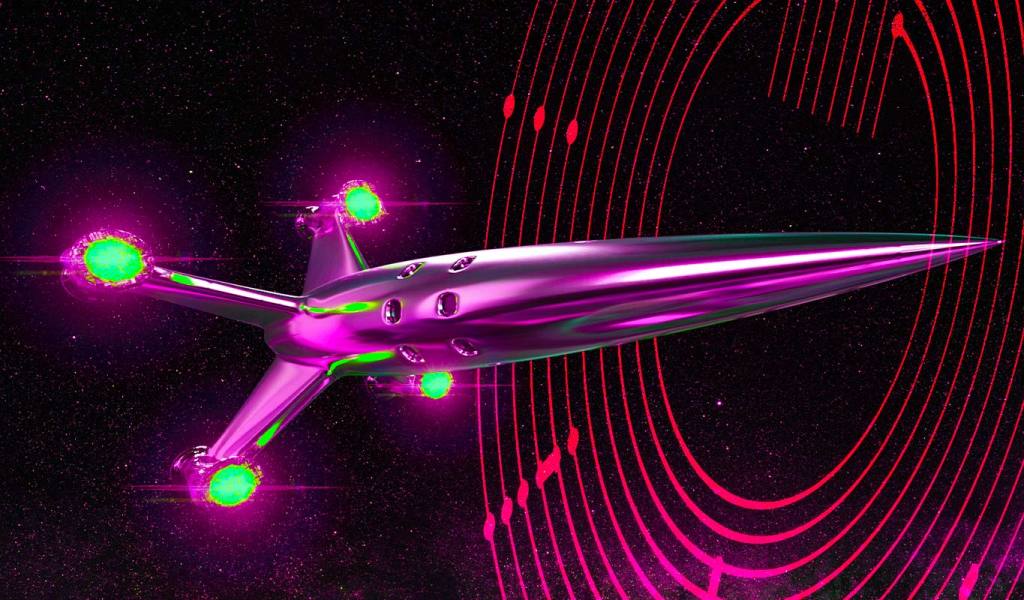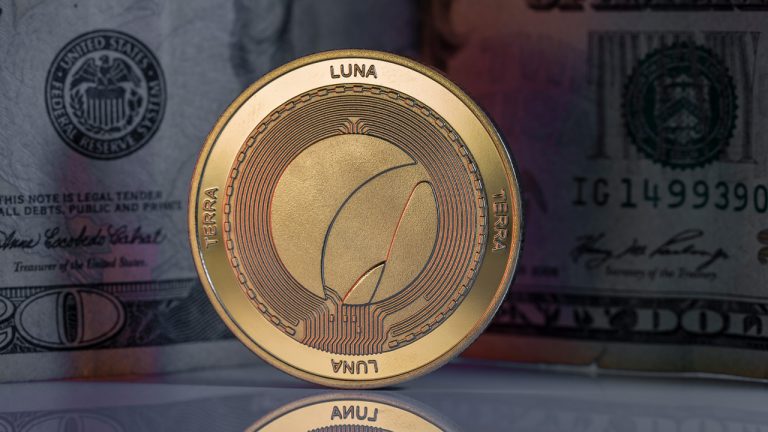
Lawyers said Do Kwon and Han Chang-joon could be released on bail and largely confined to a Montenegro apartment with the “obligation to periodically report to the state authority.”
Authorities in Montenegro are moving forward with charges against Do Kwon and his former aide Han Chang-joon as lawyers for the Terra co-founder requested conditions for bail.
According to a May 11 notice from Montenegro’s court system, lawyers representing Kwon and Chang-joon proposed they be confined to home arrest after providing 400,000 euros — roughly $436,000 at the time of publication — each in bail. The legal team said under such conditions, the two defendants could be restricted to a Montenegro apartment with the “obligation to periodically report to the state authority.”
In March, Montenegrin authorities arrested Kwon and Chang-joon at the Podgorica airport for using “falsified documents” — reportedly forged passports. Though officials from both the United States and South Korea have made efforts to have the Terra co-founder extradited to their respective jurisdictions, he will likely first be subject to legal proceedings in Montenegro.
Through their lawyers, Kwon and Chang-joon have denied the charges, and prosecutors have opposed the proposed bail conditions. Their criminal trial is expected to begin on June 16.
The collapse of Terra and the depegging of the TerraUSD stablecoin (UST at the time) was one of the earlier calamities in 2022 kicking off a major crypto market crash. Reports have suggested that South Korean authorities have frozen roughly $176 million worth of Kwon’s personal assets as his criminal case proceeds.
Magazine: ‘Terra hit us incredibly hard’: Sunny Aggarwal of Osmosis Labs









